The mission of Wageningen University & Research is “To explore the potential of nature to improve the quality of life”. Under the banner Wageningen University & Research, Wageningen University and the specialised research institutes of the Wageningen Research Foundation have joined forces in contributing to finding solutions to important questions in the domain of healthy food and living environment. With its roughly 30 branches, 7,200 employees (6,400 fte) and 13,200 students and over 150,000 participants to WUR’s Life Long Learning, Wageningen University & Research is one of the leading organisations in its domain. The unique Wageningen approach lies in its integrated approach to issues and the collaboration between different disciplines.
Wageningen Social & Economic Research is an internationally leading socio-economic research institute that offers governments and companies (socio)economic insights and integral advice for sound policies and better decision-making in an innovative way.
WR coordinates the ACT4CAP27 project consortium. WR leads WP1 that defines the conceptual framework and performs the analytical tools gap analysis. WR contributes to project communication, results dissemination and exploitation in WP7. WR leads WP8 Management and Coordination that entails project governance, coordination and strategic decision making, administrative and financial project management, data management and quality control, as well as managing linkages and collaboration with related projects.
ACT4CAP27 project information on the partner’s website in English or in national language:
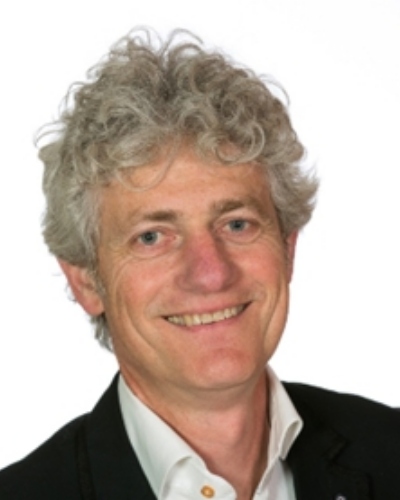
Siemen van Berkum is a senior researcher at Wageningen Economic Research. He has a PhD in economics and over 30 years of research experience in the areas of agricultural and trade policy analysis, sector and food supply chain studies and food system analysis. Siemen drafted several reports analysing the implications and operationalisation of food systems thinking in Dutch aid and investment programmes, and is involved in various international (e.g. EU, CGIAR financed) projects where food system transformation is central. Current topics Siemen works on are food system resilience, agricultural trade policies and food security, and impacts of policies on food system transformation. See for a full list of projects and publications.
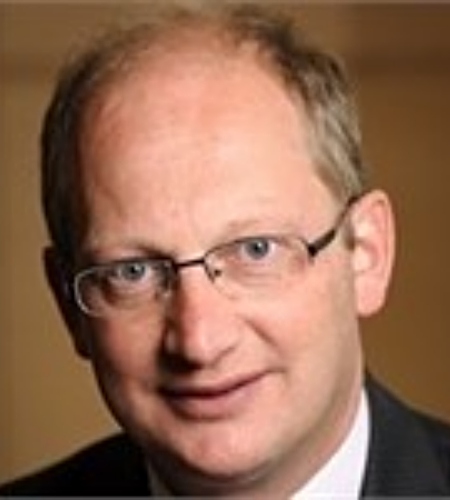
Hans van Meijl is a Senior Researcher at Wageningen Economic Research and a Professor of Macroeconomic Assessment of the Circular Economy at Wageningen University. He is a leading expert in global economic modeling, innovation, and agri-food systems, with extensive experience in coordinating large international research projects. Hans leads the development of the MAGNET model and contributes to major EU and CGIAR projects, focusing on assessing the economic, social, and environmental impacts of policy and technology change. His work supports evidence-based policymaking for sustainable food systems and inclusive bioeconomy transitions.
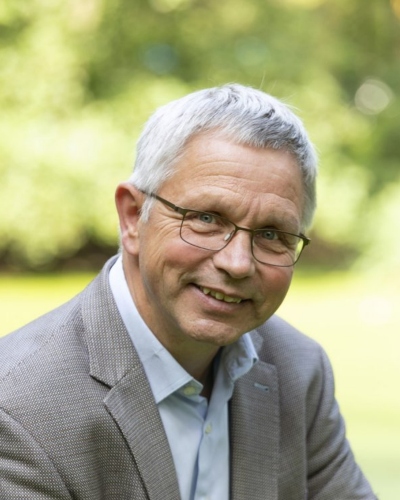
Roel Jongeneel is an agricultural economist and senior researcher at Wageningen Economic Research with extensive expertise in EU agricultural policy, rural development, and sustainability. With a PhD in agricultural economics and a background in policy modelling, he has advised the European Commission and other international institutions on the Common Agricultural Policy (CAP), agricultural markets, and climate-related issues. His work focuses on model-based policy assessment, integrating economic, environmental, and regional impacts. Roel has authored numerous publications and contributed to major EU research projects, combining academic insight with applied policy analysis.
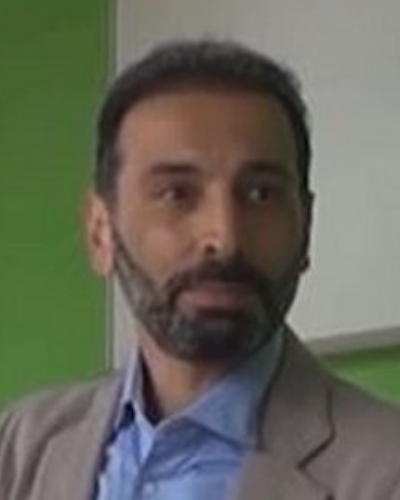
Saeed Moghayer, PhD is a Senior Researcher and Program Leader at Wageningen Social & Economic Research, specializing in foresight and scenario modelling to outlining pathways towards a ‘Safe and Just Operating Space’ for agri-food systems. As an economic modeler with a systems-thinking approach, Saeed is passionate about tackling complex global food system challenges. He leads the 'Modelling Wealth to Well-being for Strategy and Policy' program, developing innovative approaches to integrate well-being and ecological sustainability into economic models. His expertise encompasses foresight scenario analysis and modelling, utilizing tools such as CGE modelling, dynamic systems, game theory, and participatory methods. Saeed has contributed to various EU, international, and national projects and publications, and his work addresses the critical intersections of carbon reduction policies, food and nutrition security, and circular bioeconomy strategies.
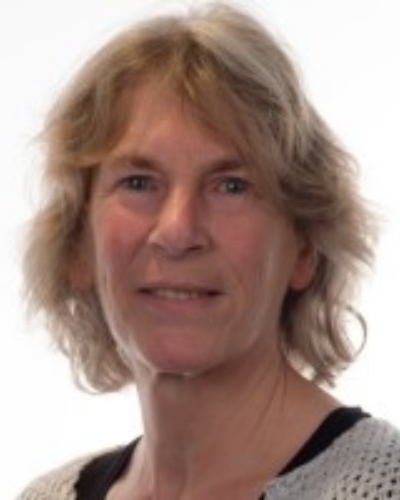
Myrna van Leeuwen is a senior scientist at Wageningen Social & Economic Research. She is specialized in quantitative analysis of agro-food and circular bioeconomy systems. She co-coordinates the Agricultural Member State Model (AGMEMOD) Partnership that comprises research institutes, universities, government agencies and industrial stakeholders from, a.o., EU27 Member States, Balkan countries, Ukraine and Argentina.
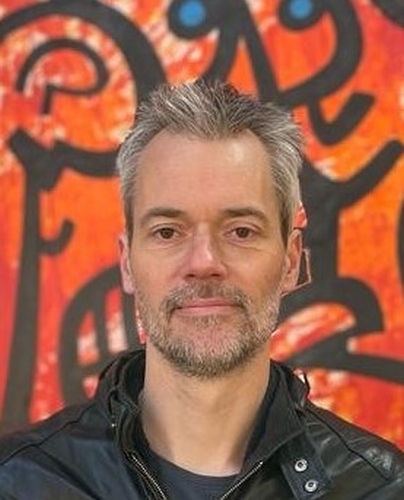
Michiel van Dijk is a senior strategic scientist at Wageningen Economic Research and a guest research scholar at IIASA. His work focuses on economic development, food and nutrition security, and climate change, using tools like global simulation models, spatial microsimulation, econometrics, and GIS. He actively collaborates across disciplines to address complex global challenges.
Currently, through the NL-CGIAR Senior Expert Programme, he is co-developing a foresight approach for food system transformation in Vietnam and Ethiopia. He also leads modelling efforts on the EU's agricultural Just Operating Space in BrightSpace and contributes to improving CAP impact assessments in ACT4CAP27.
Michiel has published widely and led research for major international funders. He holds a PhD in Technology and Development Studies and an MSc in Quantitative Economics.
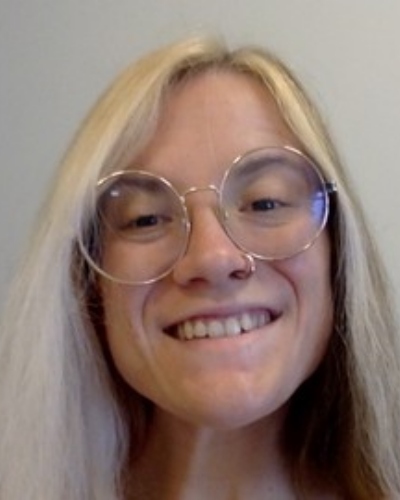
Elisa Bardazzi is a macroeconomic modeller, working with CGE models. She holds a PhD in Science and Management of Climate Change from Ca’ Foscari University, Italy. Her expertise is in modelling resource-oriented impacts (i.e. effects on water, food, energy) and climate change effects on food security. As a background, she is a development economist, with both degrees from the University of Florence, Italy. Always driven by her interests in themes such as political economy, welfare, inequality, climate change and ecology, she hopes that her work will contribute to the creation of sustainable development for all and the achievement of the SDGs.
Funded by the European Union. Horizon Europe Grant Agreement Nr. 101134874. Views and opinions expressed are those of the authors only and do not necessarily reflect those of the European Union or the European Commission. Neither the European Union nor the granting authority can be held responsible for them.